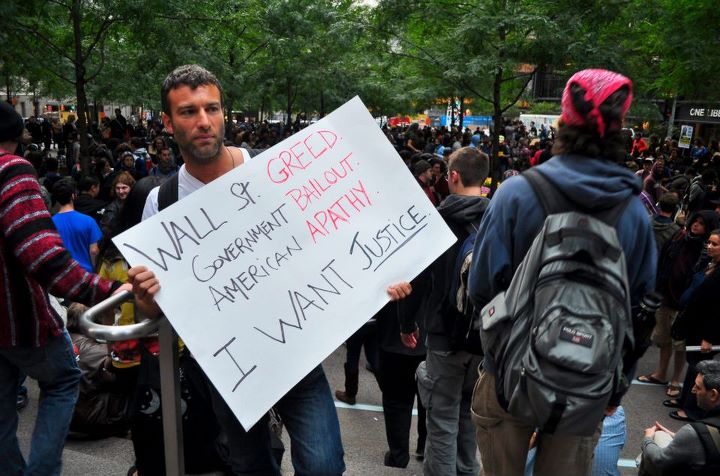THE MAYFLOWER COMPACT
In 1621, the Pilgrims planted their crops in the spring and harvested them in the fall. Once the harvest was brought in, they had a feast intended to thank God for the bounty they'd received and for the Providence bestowed on them with regards to the Indians. Below are the only two primary sources of the story of the first Thanksgiving:In the name of God, Amen. We whose names are under-written, the loyal subjects of our dread sovereign Lord, King James, by the grace of God, of Great Britain, France, and Ireland King, Defender of the Faith, etc.
Having undertaken, for the glory of God, and advancement of the Christian faith, and honor of our King and Country, a voyage to plant the first colony in the northern parts of Virginia, do by these presents solemnly and mutually, in the presence of God, and one of another, covenant and combine our selves together into a civil body politic, for our better ordering and preservation and furtherance of the ends aforesaid; and by virtue hereof to enact, constitute, and frame such just and equal laws, ordinances, acts, constitutions and offices, from time to time, as shall be thought most meet and convenient for the general good of the Colony, unto which we promise all due submission and obedience. In witness whereof we have hereunder subscribed our names at Cape Cod, the eleventh of November [New Style, November 21], in the year of the reign of our sovereign lord, King James, of England, France, and Ireland, the eighteenth, and of Scotland the fifty-fourth. Anno Dom. 1620.
Edward Winslow, Mourt's Relation :
The stories both talk about the struggles that the Pilgrims faced in that first year. Reading more of the stories that these excerpts are taken from, you will learn that the Pilgrims dug graves for their friends and families upon their first arrival in America. They buried their friends and family who'd died on the long journey from England across the Atlantic Ocean and set to surviving while the Mayflower returned to England with news of the landing and the loss of life. The Pilgrims had limited supplies, had to build their homes from scratch and only a limited defense force to deploy against wild animals or Indian attackers. The first harvest would determine the survival of the colony as Bradford writes in "Of Plymouth Plantation":
(In modern day spelling)
"our harvest being gotten in, our governor sent four men on fowling, that so we might after a special manner rejoice together, after we had gathered the fruits of our labors; they four in one day killed as much fowl, as with a little help beside, served the Company almost a week, at which time amongst other Recreations, we exercised our Arms, many of the Indians coming amongst us, and amongst the rest their greatest king Massasoit, with some ninety men, whom for three days we entertained and feasted, and they went out and killed five Deer, which they brought to the Plantation and bestowed on our Governor, and upon the Captain and others. And although it be not always so plentiful, as it was at this time with us, yet by the goodness of God, we are so far from want, that we often wish you partakers of our plenty."William Bradford, Of Plimoth Plantation :
In modern spelling
"They began now to gather in the small harvest they had, and to fit up their houses and dwellings against winter, being all well recovered in health and strength and had all things in good plenty. For as some were thus employed in affairs abroad, others were exercised in fishing, about cod and bass and other fish, of which they took good store, of which every family had their portion. All the summer there was no want; and now began to come in store of fowl, as winter approached, of which this place did abound when they came first (but afterward decreased by degrees). And besides waterfowl there was great store of wild turkeys, of which they took many, besides venison, etc. Besides, they had about a peck of meal a week to a person, or now since harvest, Indian corn to that proportion. Which made many afterwards write so largely of their plenty here to their friends in England, which were not feigned but true reports."
"They also found two of the Indian's houses covered with mats, and some of their implements in them; but the people had run away and could not be seen. They also found more corn, and beans of various colours. These they brought away, intending to give them full satisfaction (repayment) when they should meet with any of them, - as about six months afterwards they did."And it is to be noted as a special providence of God, and a great mercy to this poor people, that they thus got seed to plant corn the next year, or they might have starved; for they had none, nor any likelihood of getting any, till too late for the planting season."
 |
| Monument to the settlers of Marshfield including Edward Bompasse |
















